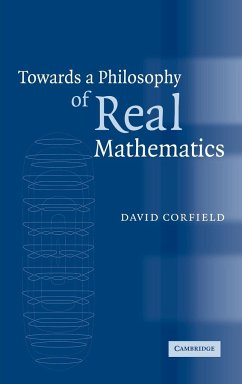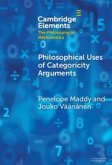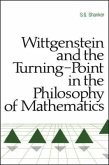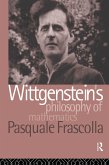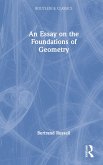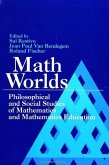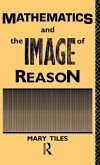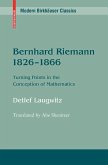In this ambitious study, David Corfield attacks the widely held view that it is the nature of mathematical knowledge which has shaped the way in which mathematics is treated philosophically, and claims that contingent factors have brought us to the present thematically limited discipline. Illustrating his discussion with a wealth of examples, he sets out a variety of approaches to new thinking about the philosophy of mathematics, ranging from an exploration of whether computers producing mathematical proofs or conjectures are doing real mathematics, to the use of analogy, the prospects for a Bayesian confirmation theory, the notion of a mathematical research programme, and the ways in which new concepts are justified. His highly original book challenges both philosophers and mathematicians to develop the broadest and richest philosophical resources for work in their disciplines, and points clearly to the ways in which this can be done.
Table of contents:
1. Introduction: a role for history; Part I. Human and Artificial Mathematicians: 2. Communicating with automated theorem provers; 3. Automated conjecture formation; 4. The role of analogy; Part II. Mathematical Uncertainty: 5. Bayesianism in mathematics; 6. Uncertainty in mathematics and science; Part III. The Growth of Mathematics: 7. Lakatos's philosophy of mathematics; 8. The methodology of mathematical research programmes; 9. The importance of mathematical conceptualisation; Part IV. The Interpretation of Mathematics: 10. Higher dimensional algebra.
In this ambitious study, David Corfield sets out a variety of approaches to new thinking about the philosophy of mathematics, and challenges both philosophers and mathematicians to develop the broadest and richest philosophical resources for work in their disciplines.
Corfield sets out a variety of approaches to new thinking about the philosophy of mathematics.
Table of contents:
1. Introduction: a role for history; Part I. Human and Artificial Mathematicians: 2. Communicating with automated theorem provers; 3. Automated conjecture formation; 4. The role of analogy; Part II. Mathematical Uncertainty: 5. Bayesianism in mathematics; 6. Uncertainty in mathematics and science; Part III. The Growth of Mathematics: 7. Lakatos's philosophy of mathematics; 8. The methodology of mathematical research programmes; 9. The importance of mathematical conceptualisation; Part IV. The Interpretation of Mathematics: 10. Higher dimensional algebra.
In this ambitious study, David Corfield sets out a variety of approaches to new thinking about the philosophy of mathematics, and challenges both philosophers and mathematicians to develop the broadest and richest philosophical resources for work in their disciplines.
Corfield sets out a variety of approaches to new thinking about the philosophy of mathematics.

